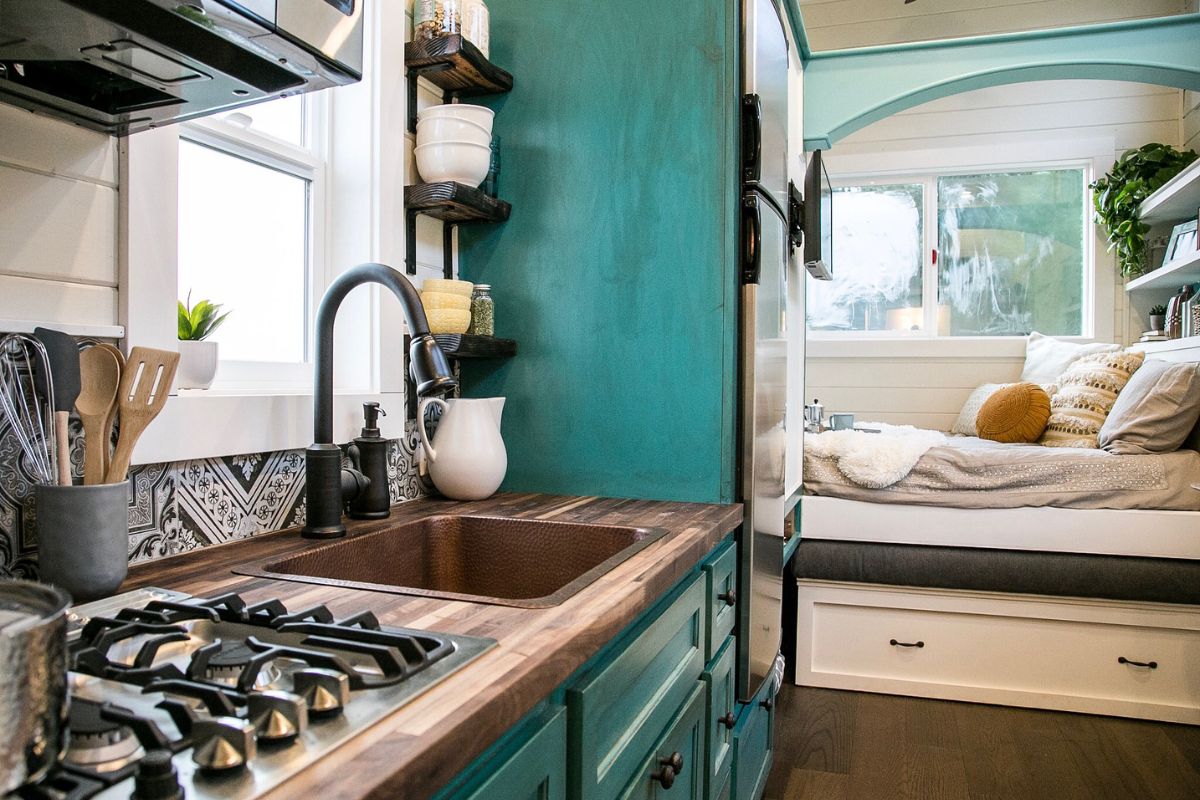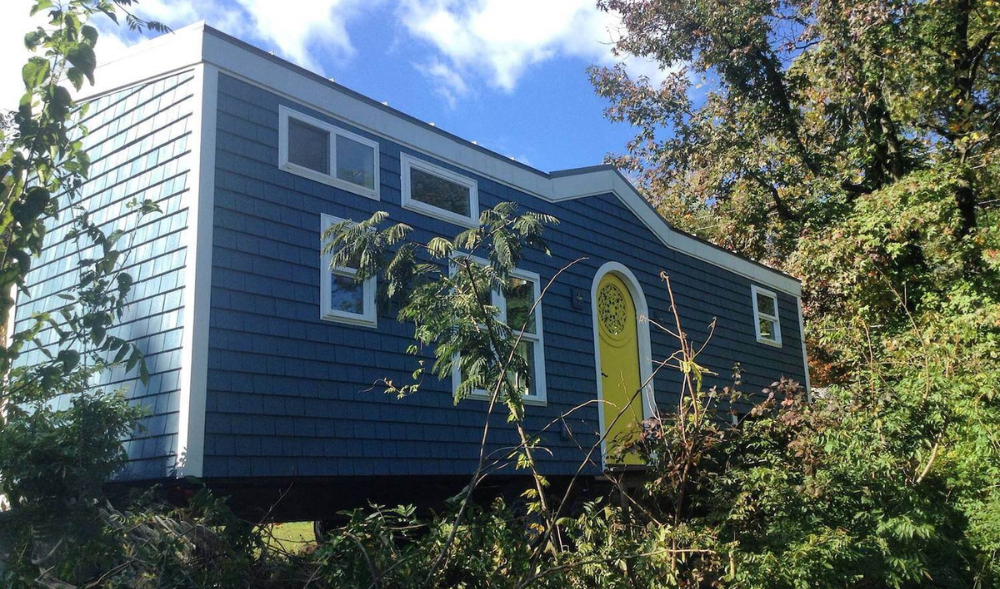For tiny homeowners in Florida, estate planning requires tailored attention to ensure their unique property and lifestyle are properly addressed. Essential documents like a will, living trust, and healthcare directives provide protection and clarity for both the homeowner and their loved ones. These measures help avoid legal delays and safeguard assets regardless of the size of the property.
Owning a small residence does not lessen the importance of having a clear plan for what happens to that property and any belongings. Specific considerations, such as how to pass on the title to the tiny home or managing personal possessions, must be included. Consulting with professionals who are experienced in Florida estate laws can help create a plan that fits these needs precisely.
For those looking to secure their future and simplify the distribution of their assets, legal guidance from firms offering comprehensive estate planning services can be valuable. This includes drafting documents that protect not only the home but also address advanced healthcare decisions and financial powers of attorney, which are crucial for peace of mind.
Estate Planning Essentials for Tiny Homeowners in Florida
Tiny homeowners must ensure their estate arrangements reflect their unique property and financial situation. Proper preparation includes identifying vital paperwork, selecting recipients thoughtfully, and structuring the plan to secure both the home and other possessions.

Creating a Comprehensive Estate Plan
A thorough estate arrangement accounts for the tiny home alongside other personal belongings and financial accounts. It should address how the property will be handled, whether by transferring ownership directly or using trusts designed for smaller estates.
Consulting with a Florida estate planning attorney helps shape a plan tailored to state laws and personal circumstances. This can prevent unnecessary legal proceedings and reduce court involvement.
The plan must also consider contingencies, such as incapacity, to ensure decisions about the tiny home and related assets are managed smoothly without interruption.
Key Estate Planning Documents
Critical paperwork includes a legally binding will that specifies how the tiny home and any remaining assets will be handled after death.
Trust instruments can be particularly useful for tiny homeowners wanting to avoid public probate and streamline asset transfer. Durable powers of attorney and healthcare directives ensure decisions are made by designated individuals if the owner becomes unable to act.
Updating beneficiary designations on life insurance policies and retirement accounts is important to align with the overall estate objectives, avoiding conflicts or delays.
Choosing Beneficiaries and Asset Distribution
Selecting recipients for the tiny home and assets requires clarity and precision to minimize disputes. Time should be taken to document which items go to specific individuals or organizations.
Beneficiary designations on financial accounts and insurance should match the instructions in estate documents to ensure consistency.
It’s advisable to review and update the plan regularly, especially after major life changes, to maintain alignment between the owner’s wishes and the legal framework governing asset transfer in Florida.
Florida-Specific Considerations for Tiny Homeowners
Tiny homeowners in Florida face particular factors related to property ownership, legal protections, health care decisions, and tax matters. Each of these areas demands careful attention to ensure smooth transfer of assets, proper designation of decision-makers, and adherence to local regulations.

Real Estate and Tiny Home Ownership Issues
In Florida, tiny residences often require compliance with state building codes and local zoning laws, which can affect where and how these homes are placed. Since some counties have different regulations, understanding property requirements is essential for valid ownership.
Most tiny homes in Florida are considered either real property or personal property, depending on how they are affixed to land. Establishing the home as real estate can facilitate conventional financing and transfer upon death.
Important considerations include:
-
Confirming adherence to Florida Building Code standards
-
Reviewing local zoning ordinances for tiny home allowances
-
Ensuring proper title or deed recording
-
Understanding property tax assessment differences between mobile and stationary tiny homes
Working with a licensed realtor or an estate planning attorney ensures the homeowner’s land and home interests are properly documented and protected.
Avoiding Probate and Asset Protection
Florida homeowners who want to minimize delays in distributing property after death usually rely on tools that prevent court involvement. Probate court procedures can be lengthy and costly, so steps to transfer assets outside of probate are often recommended.
Typical ways to bypass probate include:
-
Creating a revocable trust to hold the property and transfer it seamlessly
-
Utilizing beneficiary designations on financial accounts and insurance policies
-
Employing a ladybird deed (enhanced life estate deed) to pass real estate without probate
Asset protection measures can also shield tiny homeowners from creditors and legal claims. Coordination with a knowledgeable estate planning attorney helps tailor protection plans that address Florida-specific statutes and individual circumstances.
Powers of Attorney, Health Care Directives, and Guardianship
Florida residents benefit from establishing clear legal authority for decision-making in the event of incapacity. Durable powers covering financial matters and medical instructions protect tiny homeowners and their families.

Key documents include:
-
Durable power of attorney for finances, which allows a chosen individual to handle banking, taxes, and property issues
-
Medical power of attorney or advance healthcare directive, designating a health care surrogate to make medical choices
-
Living will, detailing end-of-life care preferences
-
Preneed guardian designation to proclaim a preferred guardian if a court must appoint one
Such documents reduce family conflicts and help ensure decisions align with the homeowner’s wishes. Consulting an estate planning lawyer allows these forms to be drafted in compliance with Florida law.
Tax Implications and Financial Affairs
Tiny homeowners in Florida must consider how their unique property affects taxation and long-term financial planning. Property tax rates may vary based on whether the tiny house is classified as personal property, real property, or an accessory dwelling unit.
Key tax points:
-
Exemptions and homestead protections apply only when the tiny home qualifies as a primary residence and meets size requirements
-
Capital gains implications arise when selling land or the structure
-
Transfer taxes and documentary stamp taxes could apply during property conveyance
Maintaining appropriate homeowners' insurance and structuring financial affairs to address tax consequences is vital. Advice from a qualified estate planning attorney and financial professional helps maintain tax advantages and protect assets.






Share: